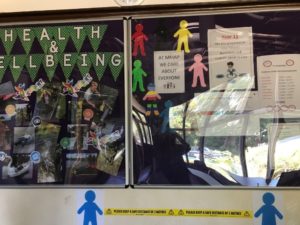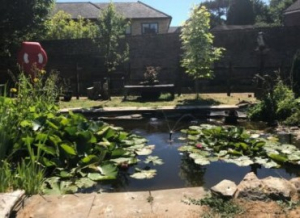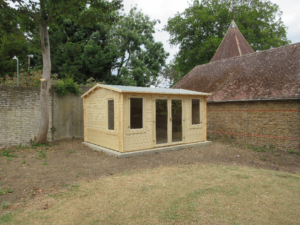Maidstone and Malling Alternative Provision: their journey through the resilience toolkit
The School’s story
Maidstone and Malling Alternative Provision is a school that works with children with Social Emotional and Mental Health difficulties (SEMH) who are unable to manage in a mainstream setting. They are a small school and have always had a strong emphasis on student wellbeing and family support. They wanted to use the resilience toolkit to strengthen the work they already do with students and families and develop new ways of working within the school and ensure that they have a whole school approach to wellbeing which includes staff, students and their families.
Resilience Toolkit
Initially, the school completed a self assessment of the whole school using the Resilience Toolkit. Although this was quite a long process it was invaluable because it revealed how much work was already being done by different members of staff and highlighted areas that they would like to develop further. These included better use of our outdoor space, more student involvement and feedback and better information sharing with families.
Safe Space
Their first task was to implement the use of the resilience survey and create a safe space within the school. They were able to do this quite easily as they had a room used as a ‘breakout’ room for students to use during lessons. It was good to be able to give the room a stronger focus with soft seating and revamped notice boards that were designed to inspire students as well as give useful information.
Student Voice
Senior management also implemented a weekly student voice session during tutor time, where the whole school met together. Its purpose was to share information with, and gain feedback from students. The first few sessions were used to help plan the new PSHE curriculum to ensure that it was designed to meet the needs of the students. The school also asked students for feedback on how they would like to spend the grant funding. Students indicated that they would like an area to use outside at lunchtime. Staff and students had already secured funding from the Pay It Forward grants to develop the schools pond area and because of the success of involving students in this project, it was felt that this would be a great way to develop this project further. An outdoor area has been created including a log cabin for children to use as a quiet area. Further grants have been applied for to ensure that this area is fully accessible and links to the pond area.
Parents and Carers
The school have also created a school newsletter which will be sent out termly to parents and carers. It is hoped that coupled with a stronger emphasis on building relationships with families, that parents will become more aware of the ethos of the school and feel better informed about what the school has to offer them and feel able to give feedback.
Identifying Need
One of the most positive aspects of the resilience toolkit has been its impact on individual students. Staff have been able to use the practical work opportunities to connect with hard to reach students. In the process the students have gained qualifications in practical subjects including a level 2 in Health and Safety, and have built good relationships with staff in the process. One student in particular has used the work in the garden to support his mental health problems. His Mum contacted the school during the pandemic to share her concerns about his mental state. They were able to offer him a number of days a week which included academic and therapeutic work in the garden. He said:
I found lockdown very hard and my mental state was not good. It really helped that I had to go into school, but I wasn’t stuck in the classroom, I knew I could go out with Pauline and do stuff that the other kids will use. I think that really helped.
Peer Mentoring
The HeadStart team also supported the school to create their first ever Peer Mentoring programme. Although staff initially had some reservations about how this scheme could work in a very small alternative setting, they were able to train a group of 4 students using an adapted form of the training. Staff commented:
I think the real benefit of this training for us, was the fact that we were able to say to our year 11 students, we have selected you for this training because we believe you have something to offer and you would be good at this. This alone makes it worthwhile.
The Kent School Award
Moving forward, there are still challenges that the school faces, and they would like to make more effective use of the resilience survey, which will need to be adapted to work well in their setting. They also want to expand staff training and create an effective staff wellbeing programme, but the school now believe they have a clearer vision for their future gained from the resilience toolkit and the way they now communicate with both students and their families. It has also been a fantastic achievement for the school to be awarded the Kent School Award for Wellbeing and Resilience, which recognises hard work of both staff and students and the progress they have made.


